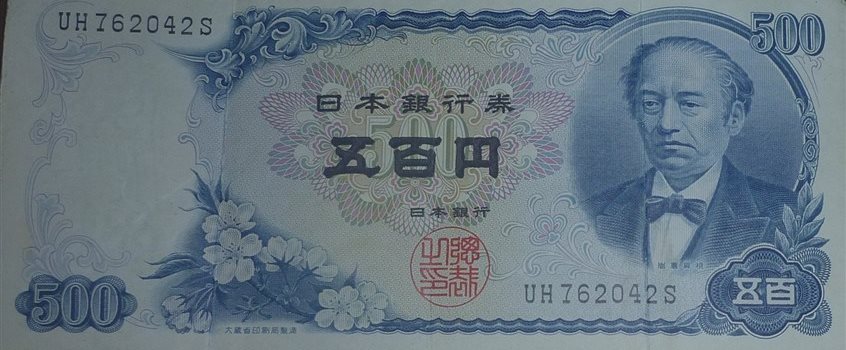
On Friday the Japanese yen traded slightly stronger in Asia after the death of Saudi Arabia's King Abdullah, the main U.S. ally on oil policy and diplomacy that raised questions about whether the succession plan would keep the bonds tight.
The Australian dollar gained after a gauge on Chinese manufacturing showed hints of spree.
The HSBC January initial estimate came in at 49.8, compared to December's final of 49.6, but the January flash output index ticked up to 50.1 from 49.9 in December, placing it just in expansion territory above 50.
"Domestic demand improved marginally while external demand remained
solid," said Hongbin Qu, Chief Economist, China and joint head of Asian
economic research at HSBC.
"The labor market weakened and prices fell further. Today's data suggest that the manufacturing slowdown is still ongoing amidst weak domestic demand. More monetary and fiscal easing measures will be needed to support growth in the coming months."
Yen traded higher in Asia after the news about the deatj of Saudi Arabia's King Abdullah.
AUD/USD traded at 0.8033, up 0.12%, while USD/JPY changed hands at 118.33, down 0.16%, on safe-haven buying. EUR/USD traded at 1.1365, up 0.03%.
Later in Japan, at 1300 Tokyo time (0400 GMT), Japan's former economic and fiscal policy minister, Hiroko Ota, speaks on the outlook for the Japanese economy and Abenomics at the Foreign Press Center.
Overnight, the greenback rose to fresh 12-year highs against the other
major currencies on Thursday, after the release of relatively positive
U.S. jobless claims data and as the European Central Bank announced a
large scale quantitative easing program.
In a report, the U.S.
Department of Labor said the number of individuals filing for initial
jobless benefits in the week ending January 17 decreased by 10,000 to
307,000 from the previous week’s total of 317,000. Analysts had expected initial jobless claims to decline by 17,000 to 300,000 last week.
The cable EUR/USD dropped 1.41% after ECB President Mario Draghi said it will make
monthly purchases of €60 billion per month, starting in March and
continuing until late 2016. The ECB chief suggested the action the
ECB took last year was “insufficient” to ward off the threat of
deflation in the region. The annual rate of inflation in the euro area
fell into negative territory last month, dropping 0.2%.
According to Draghi, the risks to the euro area recovery remain to the “downside” but
added that today’s action should bolster the outlook. He noted that
lower oil prices should help households and support a wider recovery.


